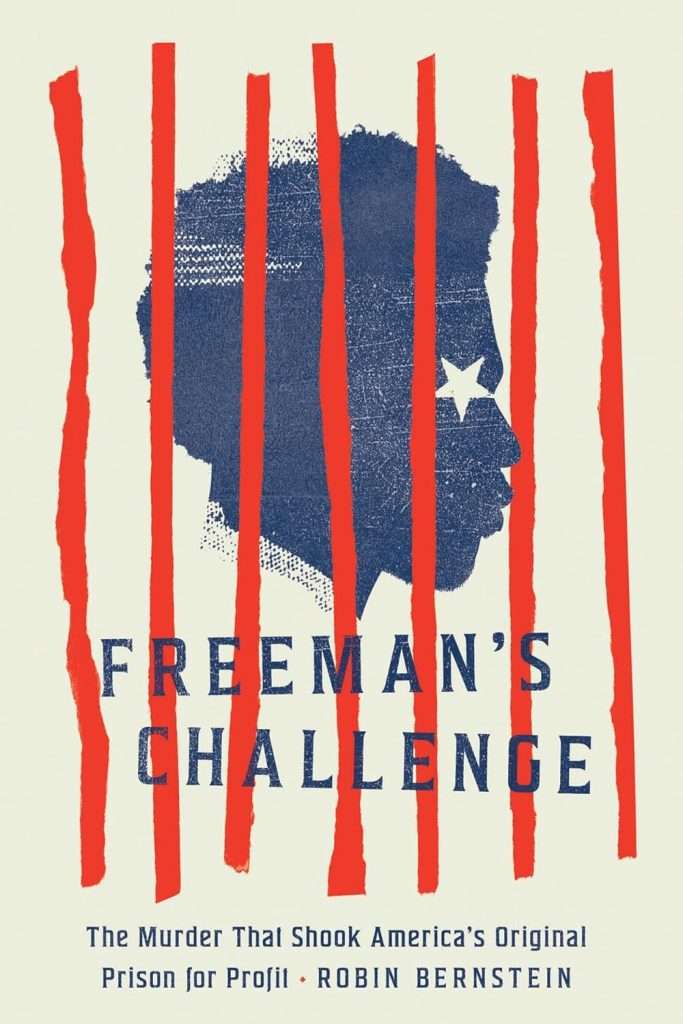 In the early nineteenth century, as slavery gradually ended in the North, a village in New York State invented a new form of unfreedom: the profit-driven prison. Uniting incarceration and capitalism, the village of Auburn in Cayuga County built a prison in 1814 that enclosed industrial factories.
In the early nineteenth century, as slavery gradually ended in the North, a village in New York State invented a new form of unfreedom: the profit-driven prison. Uniting incarceration and capitalism, the village of Auburn in Cayuga County built a prison in 1814 that enclosed industrial factories.
There, “slaves of the state” were leased to private companies. The prisoners earned no wages, yet they manufactured furniture, animal harnesses, carpets, and combs, which consumers bought throughout the North. Then one young man challenged the system.
In Freeman’s Challenge: (University of Chicago Press, 2024), Robin Bernstein tells the story of Afro-Native teenager William Freeman who was convicted of a horse theft he insisted he did not commit and sentenced to five years of hard labor in Auburn’s prison.
Incensed at being forced to work without pay, Freeman demanded wages. His challenge triggered violence: first against him, then by him. Freeman committed a murder that terrified and bewildered white America. And white America struck back — with aftereffects that reverberate into our lives today in the persistent myth of inherent Black criminality.
William Freeman’s unforgettable story reveals how the North invented prison for profit half a century before the Thirteenth Amendment outlawed slavery “except as a punishment for crime” – and how Frederick Douglass, Harriet Tubman, and other African Americans invented strategies of resilience and resistance in a city dominated by a citadel of unfreedom.
Through one Black man, his family, and his city, Bernstein tells an explosive, moving story about the entangled origins of prison for profit and anti-Black racism.
Auburn Prison is the second state prison in New York (after the city of New York’s Newgate, 1797–1828), the site of the first execution by electric chair in 1890, and the namesake of the “Auburn system,” a correctional system in which prisoners were housed in solitary confinement in large rectangular buildings, and performed penal labor under silence that was enforced at all times.
The prison, built on land that was once a Cayuga village, was renamed the Auburn Correctional Facility in 1970 and is among the oldest functional prisons in the United States.
Robin Bernstein is the Dillon Professor of American History and professor of African and African American studies and studies of women, gender, and sexuality at Harvard University. She is the author of Racial Innocence: Performing American Childhood from Slavery to Civil Rights.
Book Purchases made through this Amazon link support the New York Almanack’s mission to report new publications relevant to New York State.
See more new books HERE.


